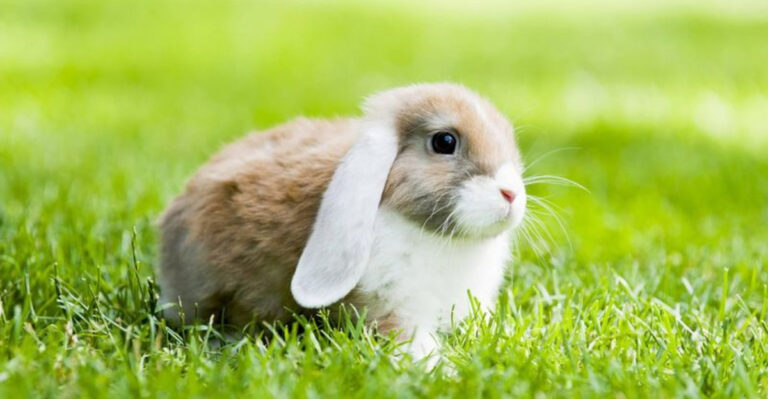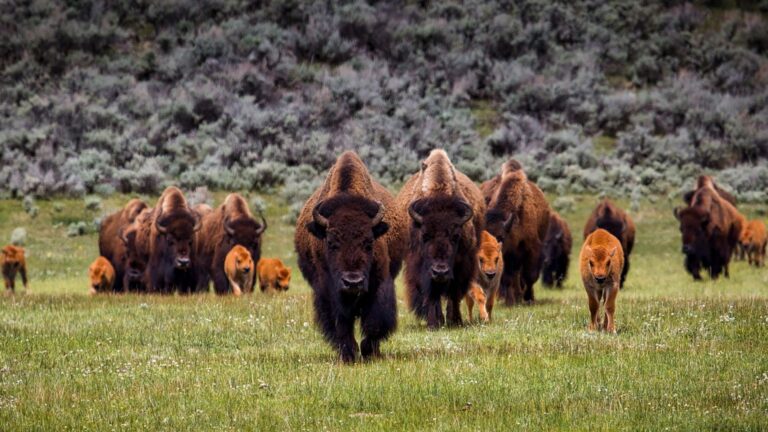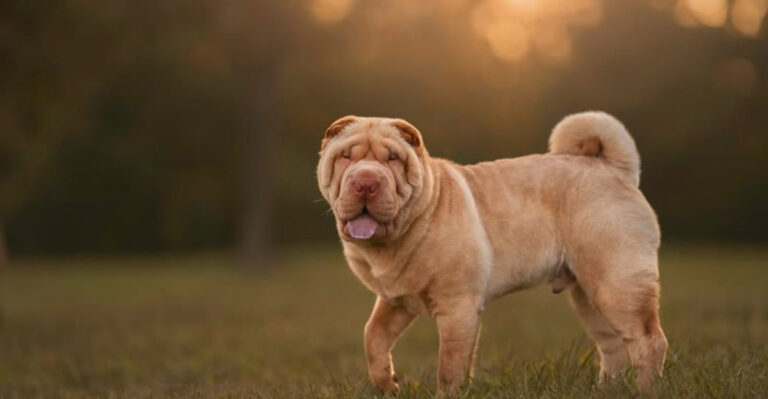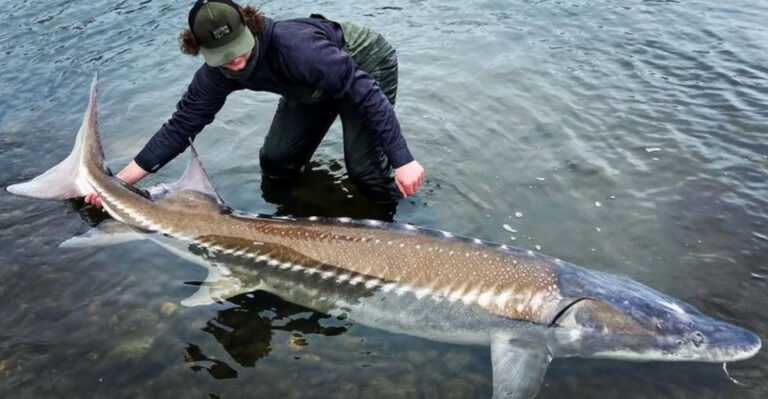12 Smells That Horses Absolutely Hate And What You Can Do About It
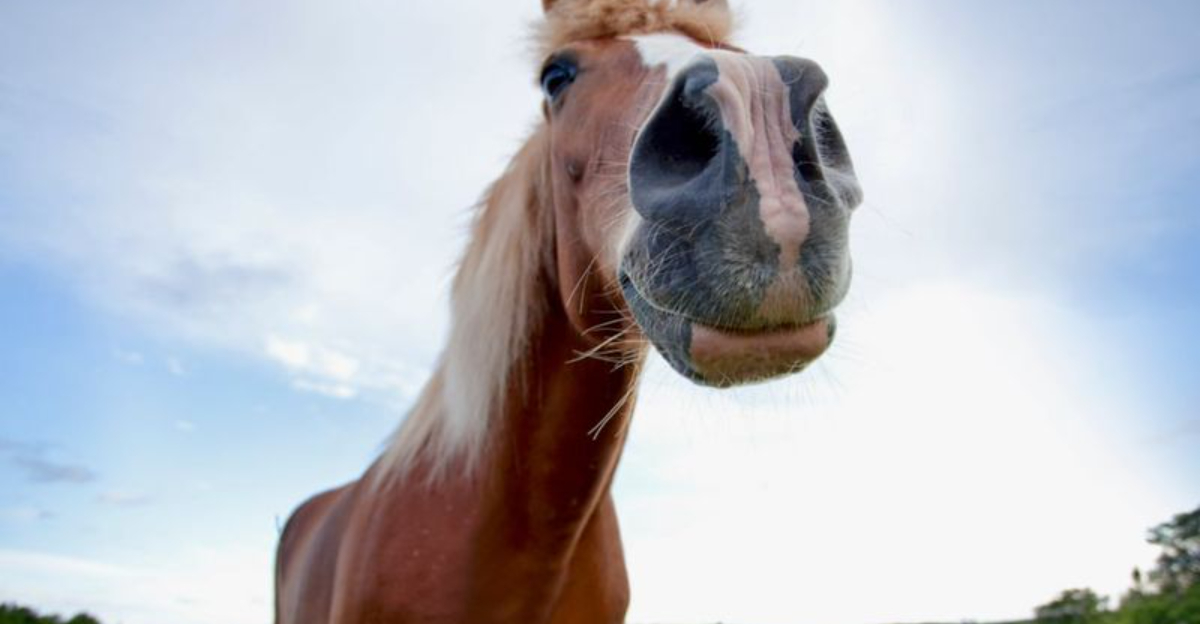
Horses have an incredibly sensitive sense of smell, much stronger than humans. This keen sense helps them find food, detect predators, and communicate with other horses.
Understanding what smells your horse finds unpleasant can help you create a more comfortable environment and strengthen your bond with these magnificent animals.
1. Strong Chemical Smells
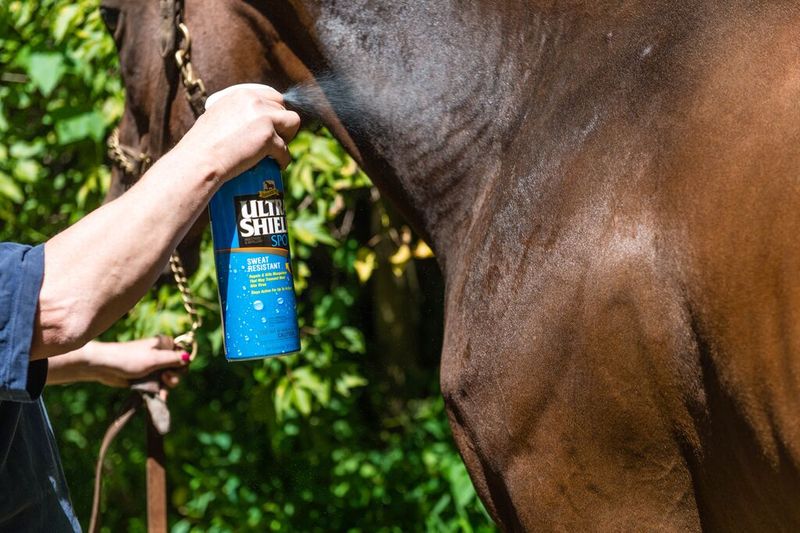
Horses can become agitated or fearful when exposed to harsh chemicals like bleach or ammonia. Their sensitive nasal passages get irritated easily, causing stress and potential health issues.
Switch to natural cleaning products like vinegar-water solutions (diluted enough not to bother them) or specialized horse-safe cleaners. Always ensure proper ventilation when cleaning stalls or equipment.
2. Garlic And Onions
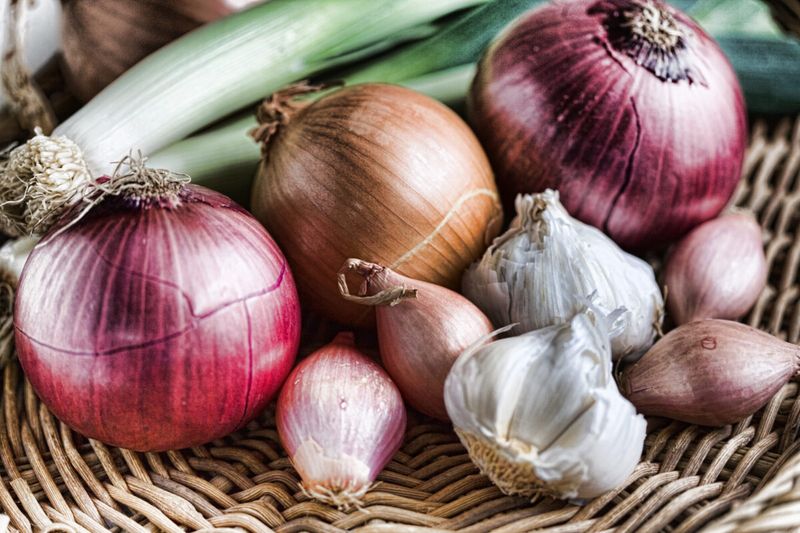
Pungent alliums like garlic and onions overwhelm a horse’s sensitive olfactory system. Many horses will refuse food or water contaminated with these strong-smelling vegetables.
Keep garlic and onion products far from feed areas. Wash your hands thoroughly after handling these foods before interacting with your horse. Check commercial treats for these ingredients before purchasing.
3. Strong Perfumes or Fragrances
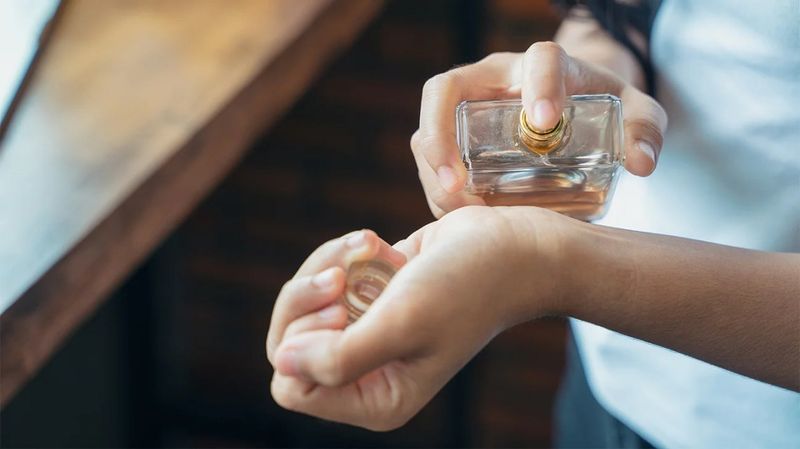
Artificial fragrances in perfumes, colognes, and body sprays can trigger anxiety in horses. What smells pleasant to us can be overwhelming and confusing to their sensitive noses.
Opt for fragrance-free personal products when working with horses. Ask visitors to avoid wearing strong scents. Your horse will appreciate the consideration and feel more at ease during handling.
4. Citrus Smells
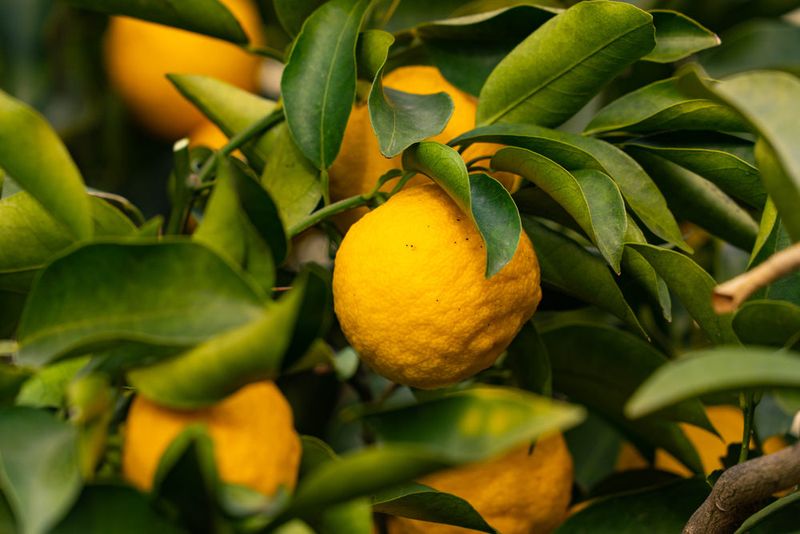
The sharp, acidic smell of citrus fruits makes many horses toss their heads or back away. Lemon, orange, and lime scents are particularly offensive to equine noses.
Avoid citrus-scented fly sprays or grooming products. If you’ve eaten citrus, wash your hands before handling your horse. Natural pine or lavender-based products are usually better tolerated.
5. Vinegar
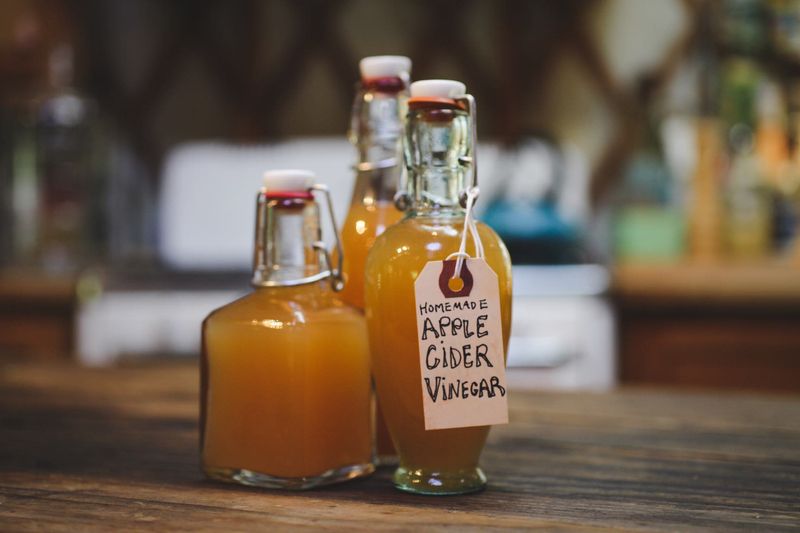
While diluted vinegar makes an excellent eco-friendly cleaner, its sharp scent can send horses running. The acetic acid produces a smell that’s particularly offensive to equines.
Use vinegar solutions only when horses are out of the barn. Allow plenty of time for the smell to dissipate before returning them to the area. Consider adding a few drops of horse-friendly essential oil to mask residual odors.
6. Alcohol

Alcohol-based products like hand sanitizers and some medications create a burning sensation in a horse’s sensitive nasal passages. Many horses will jerk their heads away from this harsh smell.
Apply alcohol-based products away from your horse. Allow them to dry completely before handling your equine friend. Consider alcohol-free alternatives when possible for a more horse-friendly environment.
7. Strong Wood Or Smoke Smells

Horses evolved to fear fire, making smoke smells particularly frightening. Fresh-cut wood with strong pine or cedar scents can also overwhelm their sensitive noses. Keep smoking areas far from horse facilities.
Allow new wooden structures to air out before introducing horses. If wildfire smoke threatens, consider temporary relocation or barn air filtration systems.
8. Leather
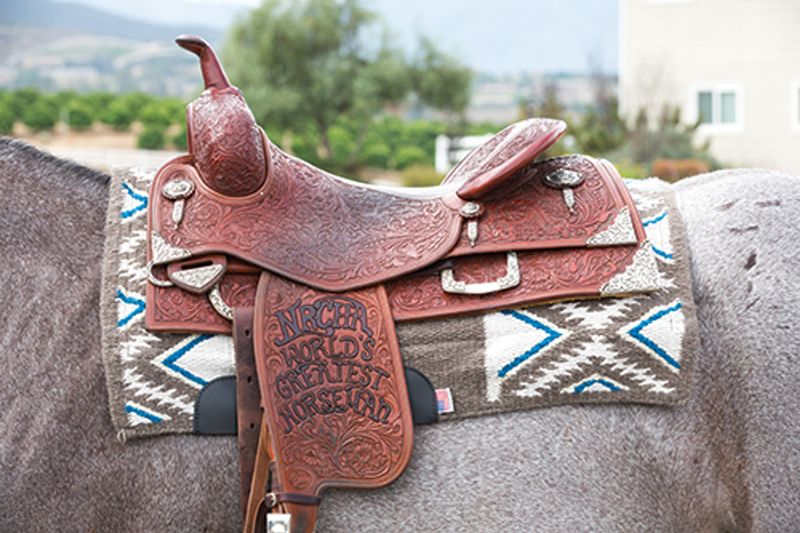
Freshly treated leather contains tanning chemicals that can irritate some horses. The strong smell might remind them of unpleasant experiences with new tack or restraints.
Air out new leather equipment before using it on your horse. Wipe down with a damp cloth to minimize chemical smells. Some horses benefit from gradual introduction to new leather items rather than immediate use.
9. Strong Animal Smells
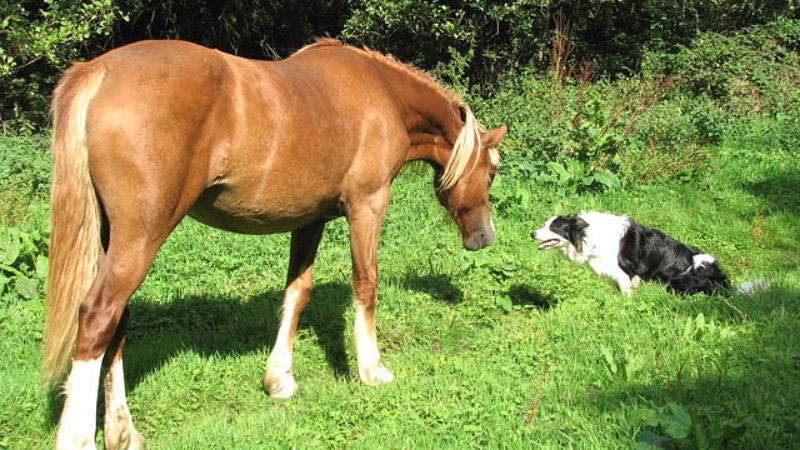
Dogs, cats, and predator animals produce scents that can trigger a horse’s flight response. Their evolutionary instincts tell them these smells might signal danger. Keep pets away from horse areas when possible.
Change clothes after handling other animals before working with horses. Introduce horses to farm dogs carefully and gradually to help them associate the smell with safety.
10. Strong Fish Smells
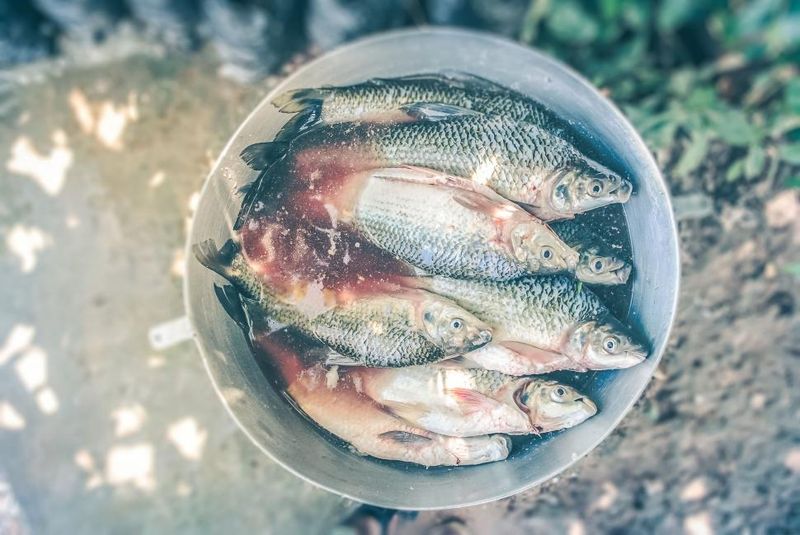
Fish oils and products create a powerful odor that most horses find revolting. The smell can linger on hands, clothing, and in feed areas. Store fish-based supplements in airtight containers away from the barn.
Wash hands thoroughly after handling fish products. Never mix fish oils directly into feed without proper dilution according to veterinary guidelines.
11. Molds Or Musty Odors
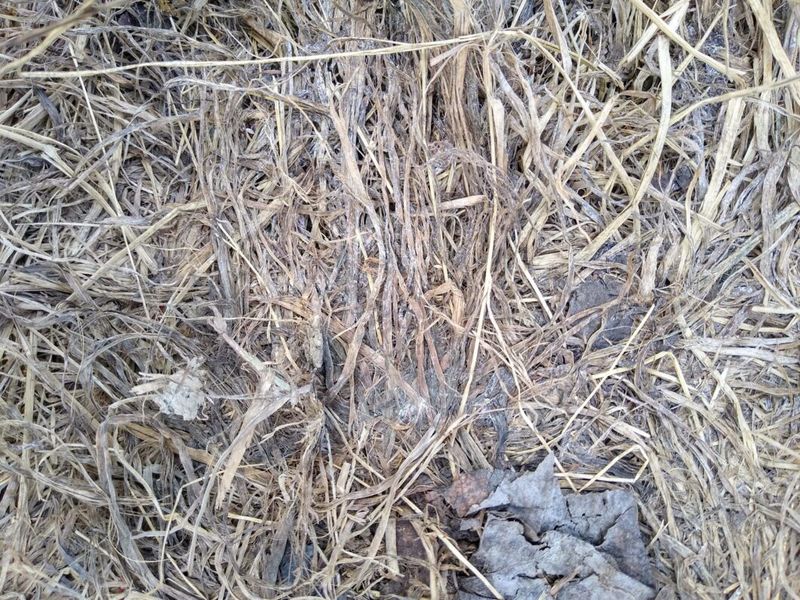
Beyond being unpleasant, moldy or musty smells signal potential health hazards to horses. Their instincts correctly identify these odors as warnings of spoiled food or unhealthy environments. Inspect hay regularly for mold before feeding. Ensure proper barn ventilation to prevent dampness. Clean water buckets frequently to prevent algae growth and resulting musty smells.
12. Strong Hay Or Grass Smells

Surprisingly, extremely strong hay smells from freshly cut or fermented forage can overwhelm horses. Grass clippings that heat up quickly produce intense odors horses often avoid.
Allow freshly cut hay to cure properly before feeding. Never feed lawn clippings to horses. Store silage or haylage well away from stables, as the fermentation smells can be too intense for sensitive equines.

